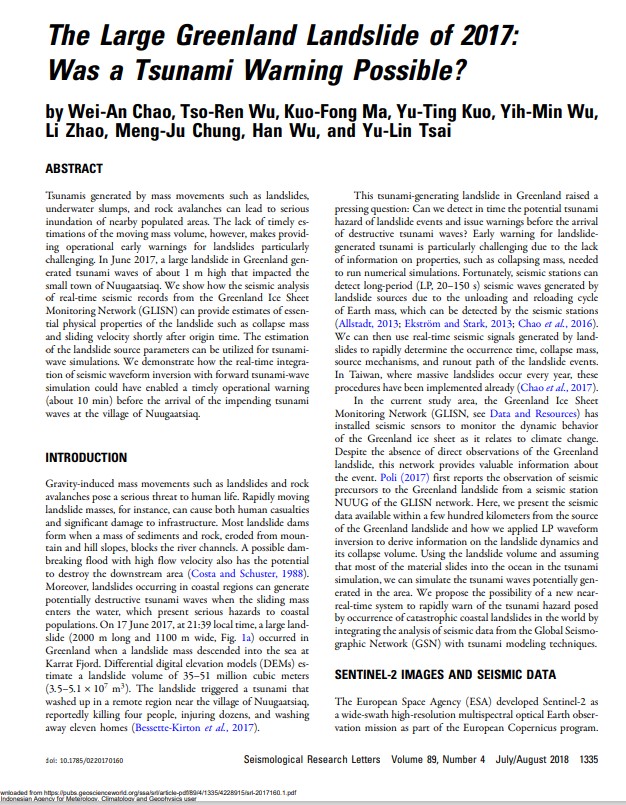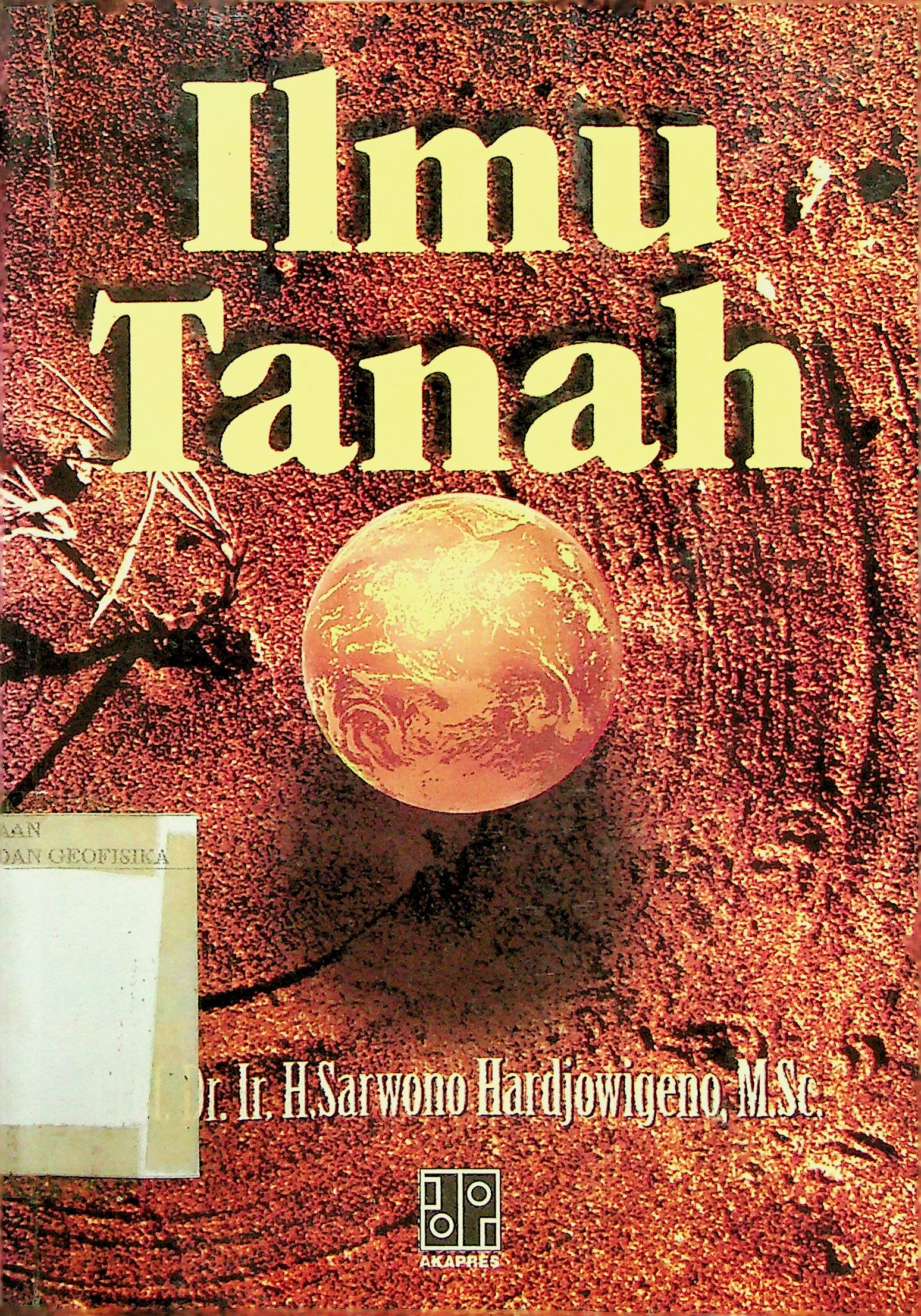Tsunamis generated by mass movements such as landslides, underwater slumps, and rock avalanches can lead to serious inundation of nearby populated areas. The lack of timely estimations of the moving mass volume, however, makes providing operational early warnings for landslides particularly challenging. In June 2017, a large landslide in Greenland generated tsunami waves of about 1 m high that impacted the small town of Nuugaatsiaq. We show how the seismic analysis of real-time seismic records from the Greenland Ice Sheet Monitoring Network (GLISN) can provide estimates of essential physical properties of the landslide such as collapse mass and sliding velocity shortly after origin time. The estimation of the landslide source parameters can be utilized for tsunami wave simulations. We demonstrate how the real-time integration of seismic waveform inversion with forward tsunami-wave simulation could have enabled a timely operational warning (about 10 min) before the arrival of the impending tsunami waves at the village of Nuugaatsiaq
5
The Large Greenland Landslide of 2017: Was a Tsunami Warning Possible?
Wei-An Chao, Tso-Ren Wu, Kuo-Fong Ma, Yu-Ting Kuo, Yih-Min Wu, Li Zhao
Penerbit :
Seismological Research Letters
Tahun :
2018
epaper
Geofisika
-
No Scan-
-
No Klasifikasidoi: 10.1785/0220170160
-
ISBN-
-
ISSN-
-
No Registrasi-
-
Lokasi TerbitUSA
-
Jumlah Hal10
-
Label-
-
Versi DigitalTIDAK
-
Versi FisikTIDAK
-
Lokasi Rak Buku Fisik//
-
Jumlah Exemplar Fisik Tersedia-




